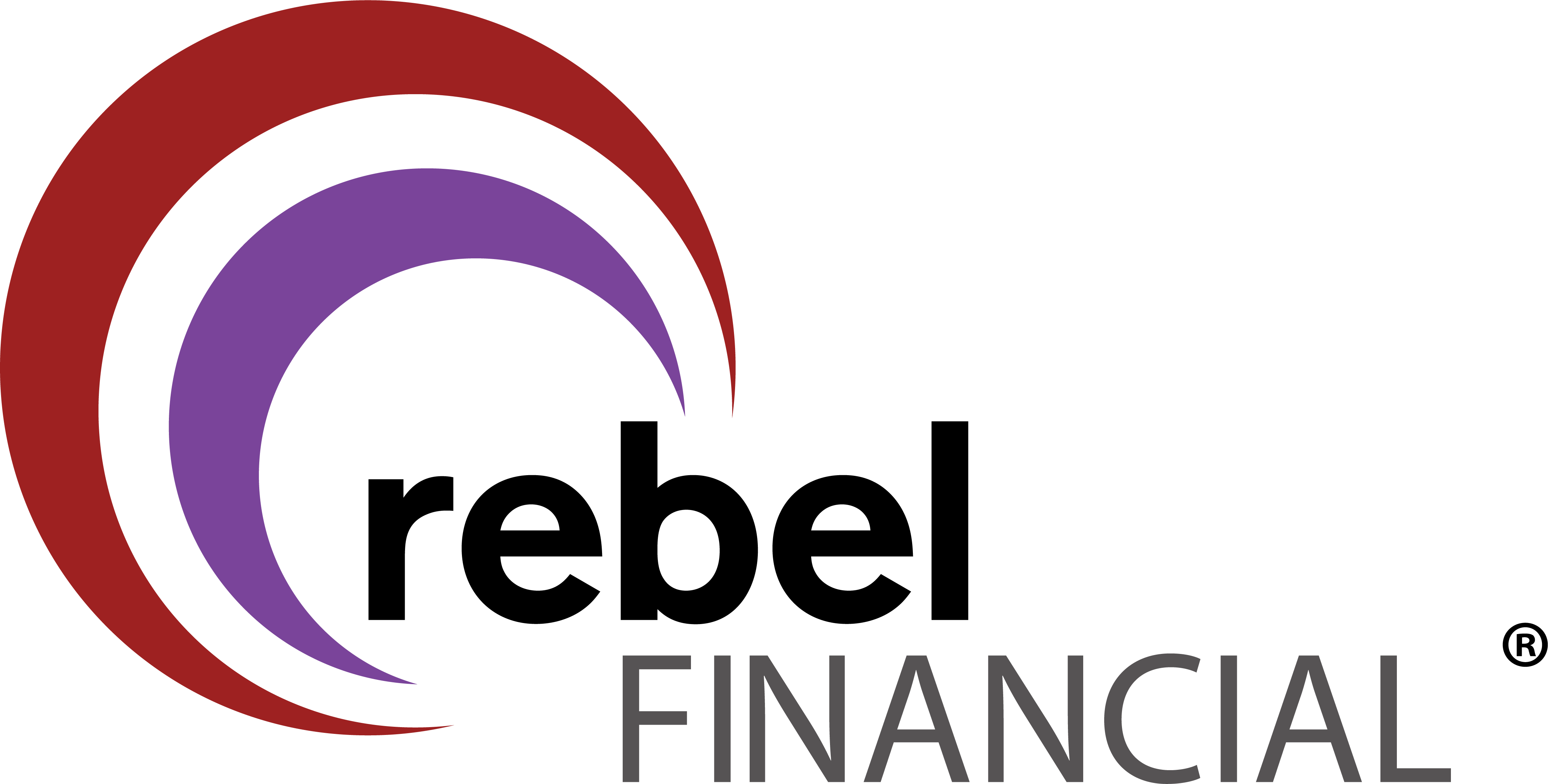- Your will
- Trust documents
- Life insurance policies
- Deeds to any real estate, and certificates for stocks, bonds, annuities
- Information on your bank accounts, mutual funds, and safe deposit boxes
- Information on your retirement plans, 401(k) accounts, or IRAs
- Information on any debts you have: credit cards, mortgages and loans, utilities, and unpaid taxes
Note: Power of attorney laws can vary from state to state. An estate strategy that includes trusts may involve a complex web of tax rules and regulations. Consider working with a knowledgeable estate management professional before implementing such strategies.

